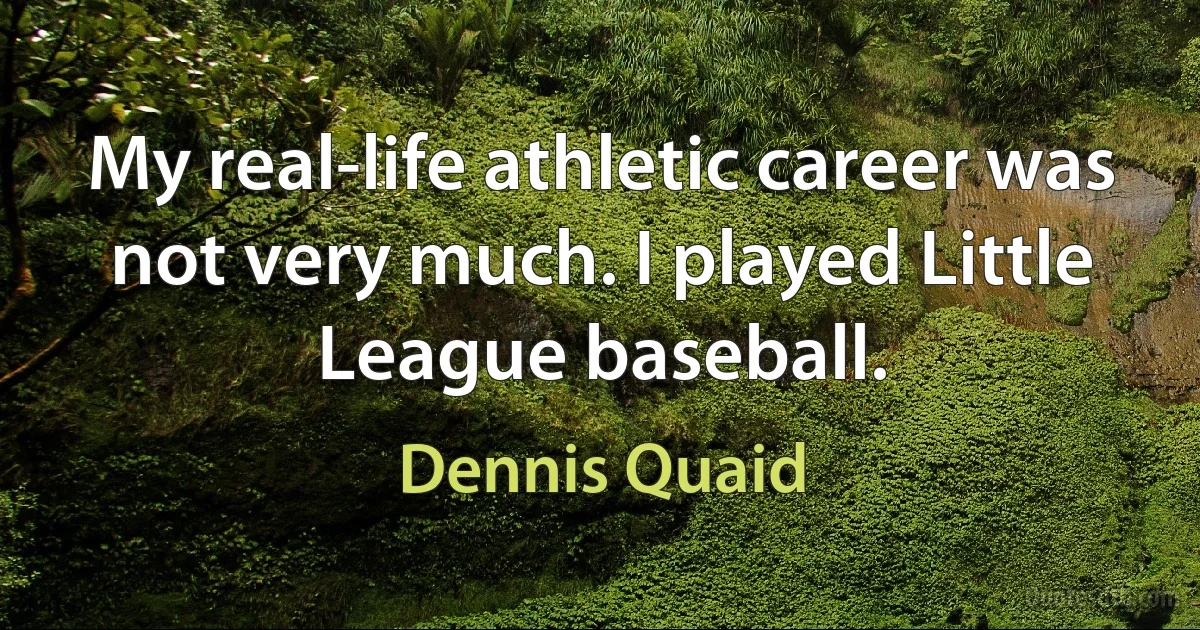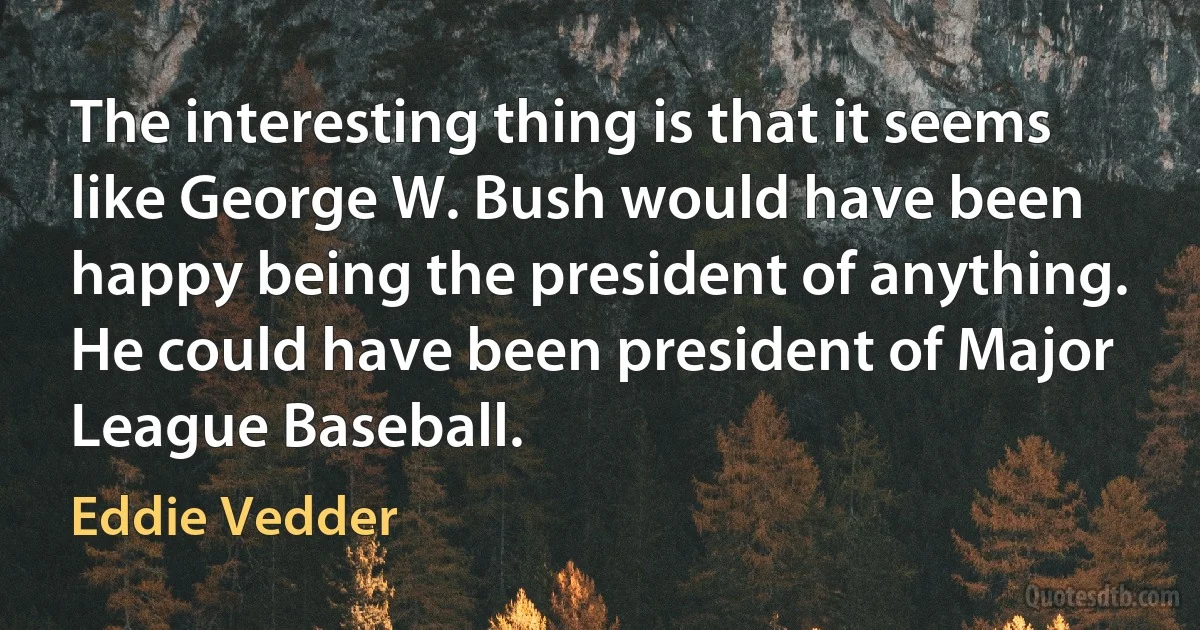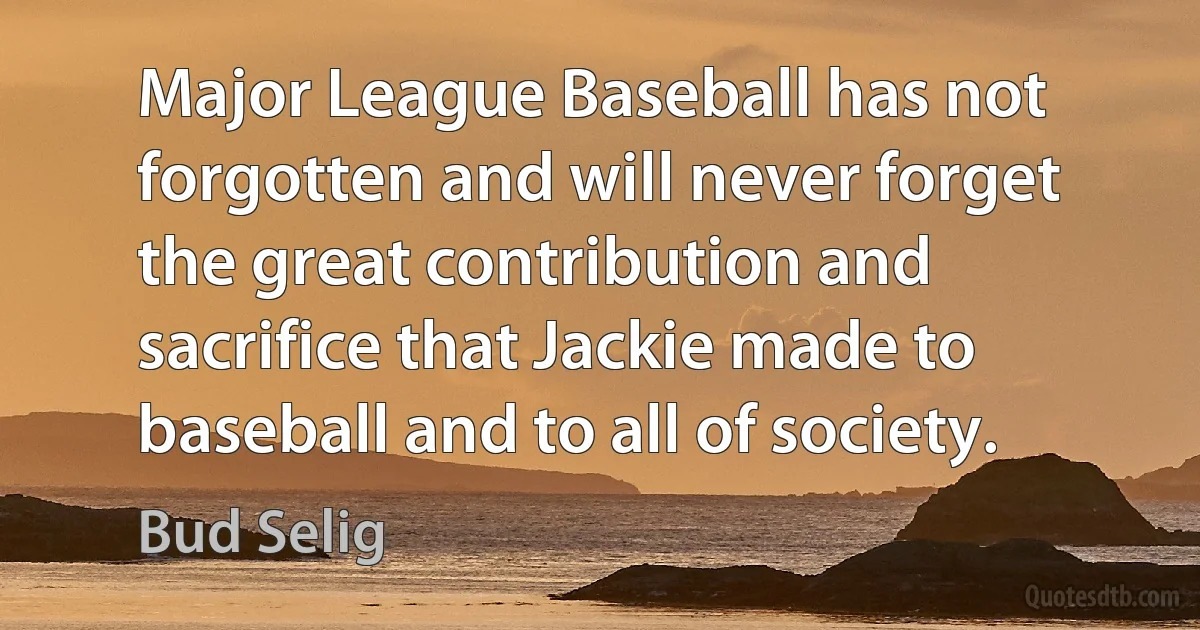League Quotes - page 18
There are a lot of smart people being really thoughtful and writing really interesting things, but that isn't what I want to do. It's never felt like what I've been called to do. And I have to risk sounding really arrogant when I say that because I've gone to Ivy League schools and been privileged in all these ways in the world of ideas, but I'm not as smart as you think. I'm not really depending on what I learned in college to write my books. Those were just parts of my life experience.

Ottessa Moshfegh
There'd always been something about the boy, he was smart and stupid at the same time. As if he was meant to do everything the wrong way. Junior league ball, the boy was twelve, they subbed him in for the pitcher, good arm but he chokes, eight runs straight, loses the game. Afterward acting like nothing happened. It made no sense. The feeling that gave you, watching your son lose the game, but he just shrugged it off, didn't care.

Philipp Meyer
The impregnability of his stonewall defense rested on his ability to reach the ball, and then throw it. Now he could move less well; now he was not coming up with the ball with that "perfect technique" Eddie Brannick had once admired, his body beautifully balanced, the ball directly in front of him. Now it was a movement full of desperate lunges. Fortunately he had his great arm, so even off-balance, he was throwing out runners, and each time he'd throw-though it had happened hundreds of prior times-the fans at the Polo Grounds, or elsewhere around the league, would gasp at the low blur that streaked across the diamond, dead on target. But he had more than a powerful arm. He had courage. And on he played, in pain and out.

Arnold Hano
McGraw was an improviser, a teacher. He brought much to the game that keeps baseball fresh and suspenseful today-the hit-and-run play, the steal, the squeeze play, the uses of the bunt and the defenses against it. He helped turn the game into a thing of fluid beauty, infielders charging the plate or roaming far from their bases, outfielders moving with each pitch, racing in for base hits before them, backing each other in the outfield, entering the infield itself on rundown plays. Yet when the game changed radically, with the introduction of the livelier baseball, McGraw naturally shifted to a power emphasis, founding his team about such men as George Kelly, Bill Terry, Mel Ott. He knew, too, that the old pitching style of permitting a man to hit a deadened ball because it would then be caught in the big fields had to be changed, and his staffs led the league year after year in strikeouts, in earned-runs.

Arnold Hano
On the last Sunday in September in smoggy Los Angeles, announcer Vin Scully riffed through some notes as Willie McCovey came to bat for the last time that season before the Chavez Ravine folks. "Let's see," said Scully, "no home runs since September 11. . . .Well, it's been a long season. McCovey's got to be tired. Big as he is, he's probably worn out." So Scully was looking down at his papers when he heard the familiar crack. Worn-out Willie had just driven the ball over the right field fence, over the bullpen, and into Glendale. Scully did not see the pitch McCovey hit. It had been a palm ball lobbed up by Pete Mikkelson, the kind of pitch that floats up like a dead flounder, and usually goes about as far as dead flounders fly when you hit one. If you hit one. This one traveled a couple of miles or more, and Willie McCovey had home run number 45, to break his tie with Hank Aaron and win for McCovey his second consecutive National League home-run title.

Arnold Hano
Honest, I was never happier in my life. I've felt that I was facing a kind of all-round challenge-the challenge of 41 years, the challenge that comes from carrying 230 pounds for 21 seasons, the challenge from a bunch of National League pitchers who want to prove that I can't hit as well in this league as I did in the American and the doubt exists that I can be of any help to our team through another year. It's keyed me up and given me a fresh target. I feel better than I have felt in four years. My legs haven't bothered me a bit. Bill McKechnie is a great guy to work for, and I am going to give him and Boston everything I have.

Babe Ruth
I suppose that American League pitchers have been feeding me soft ones for 21 years. I know how they all feel, and I don't blame 'em. They'd rather strike out the Babe than anyone else. For I've been a little lucky in the home run racket. They've walked me more than 2000 times and I've never squawked. You see, I used to be a pitcher myself. Those 2000 walks and those 700 or so home runs saved my legs. Anyhow, I've had pretty good legs. They talk about Ty Cobb's legs. He had about the best pair I ever knew of in baseball. But Ty was carrying 180 pounds for 24 years, and I've had to carry from 230 to 250 pounds. I've had to carry 50 to 70 pounds more than Cobb ever had to carry. I never talked to a horse, but I'd like to ask Equipoise or Twenty Grand or Cavalcade or some of the others just how much difference 50 or 70 pounds would make in a race. And I'm not supposed to be a horse or a tank.

Babe Ruth
Am I reading too much into all that innuendo, or did you in fact just connive to assassinate Gregor in one breath, offer to cuckold him in the next, accuse your father of homosexuality, suggest a patricidal plot against him, and league yourself with Cavilo -- what are you going to do for an encore?

Lois McMaster Bujold
You get pictures in pre-season. You get pictures of fitness, you get pictures of attitude, you get pictures of mentality, you get pictures of systems and the way players play and you also get pictures of whether people can step up to the plate in the Premier League. I was getting all those pictures in the first half.

Phil Brown (footballer)
I have often stated that baseball's proudest moment and its most powerful social statement came on April 15, 1947 when Jackie Robinson first set foot on a Major League Baseball field. On that day, Jackie put an end to segregation in baseball and ushered in the era in which baseball became the true national pastime. By celebrating Jackie Robinson Day every April 15, we have ensured that the incredible contributions and sacrifices he made - for baseball and society - will not be forgotten.

Bud Selig
I am one of the guys that thinks you never have to give up. When you have that 'X' that says you're eliminated, then you give up. Not anybody in the league, not Kansas City, not Pittsburgh, has that 'X' that says they are eliminated. We're still fighting for something. We still have a chance to do a lot of things. We're still fighting for something. We still have a chance to do a lot of things.

Carlos Zambrano



